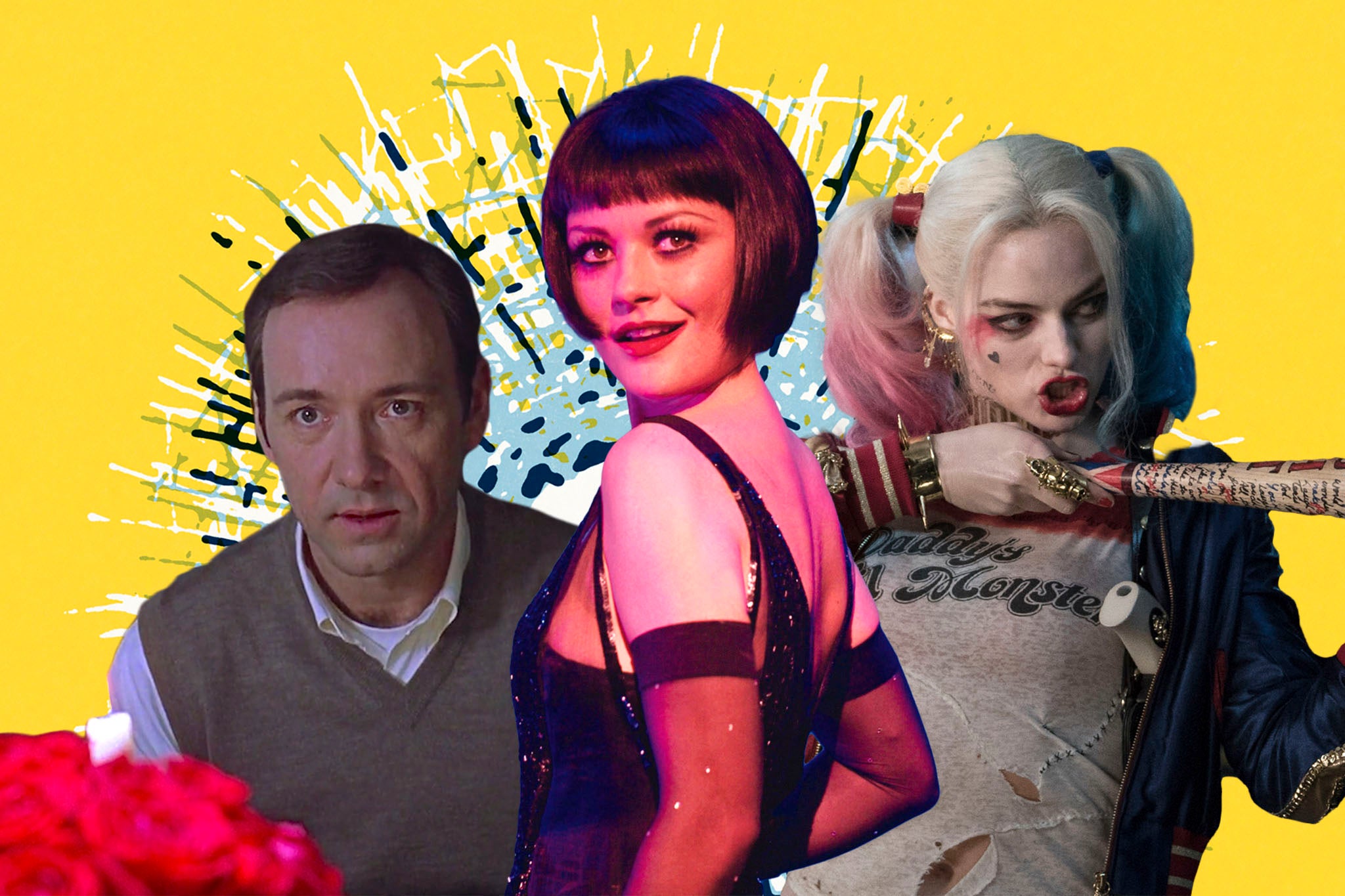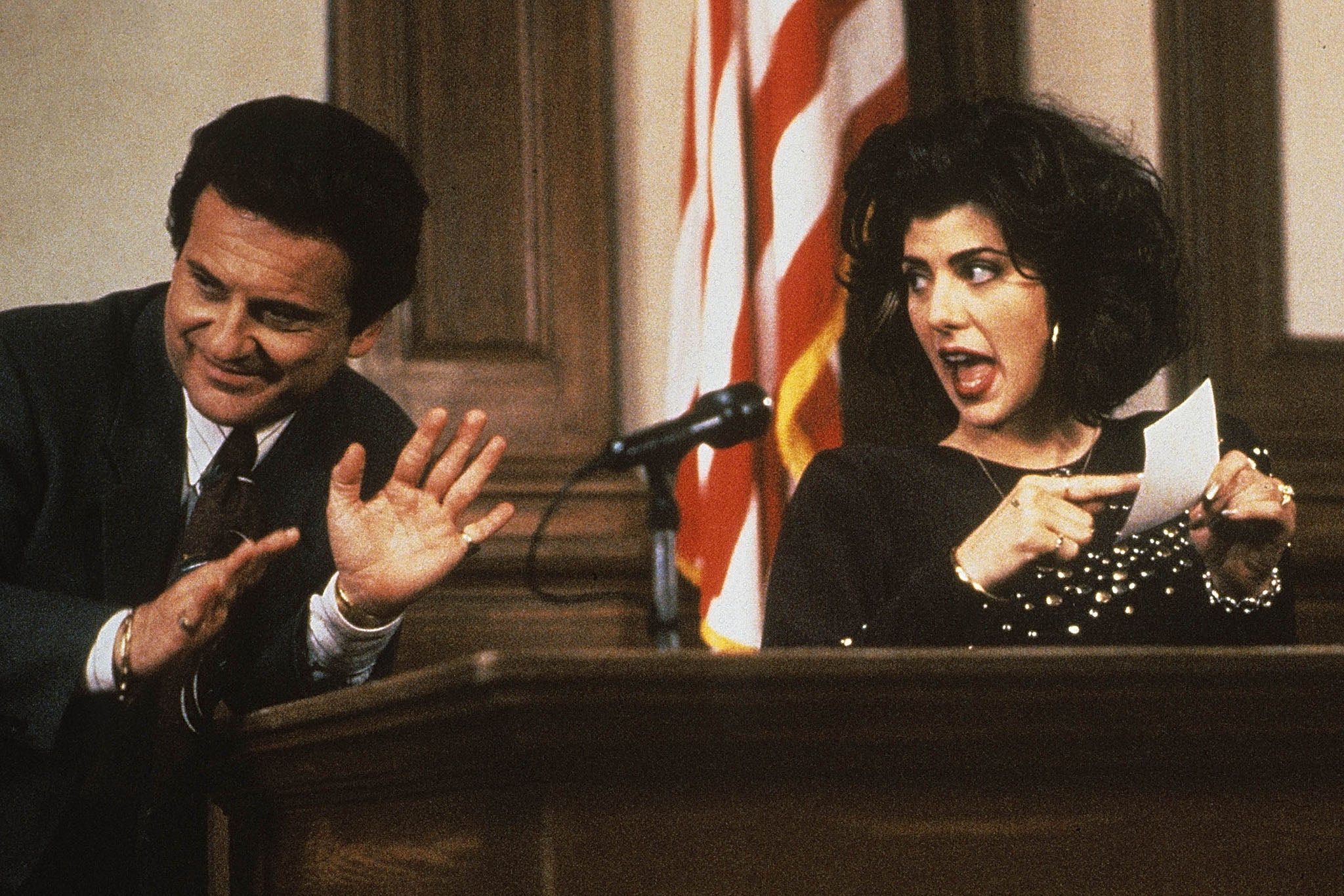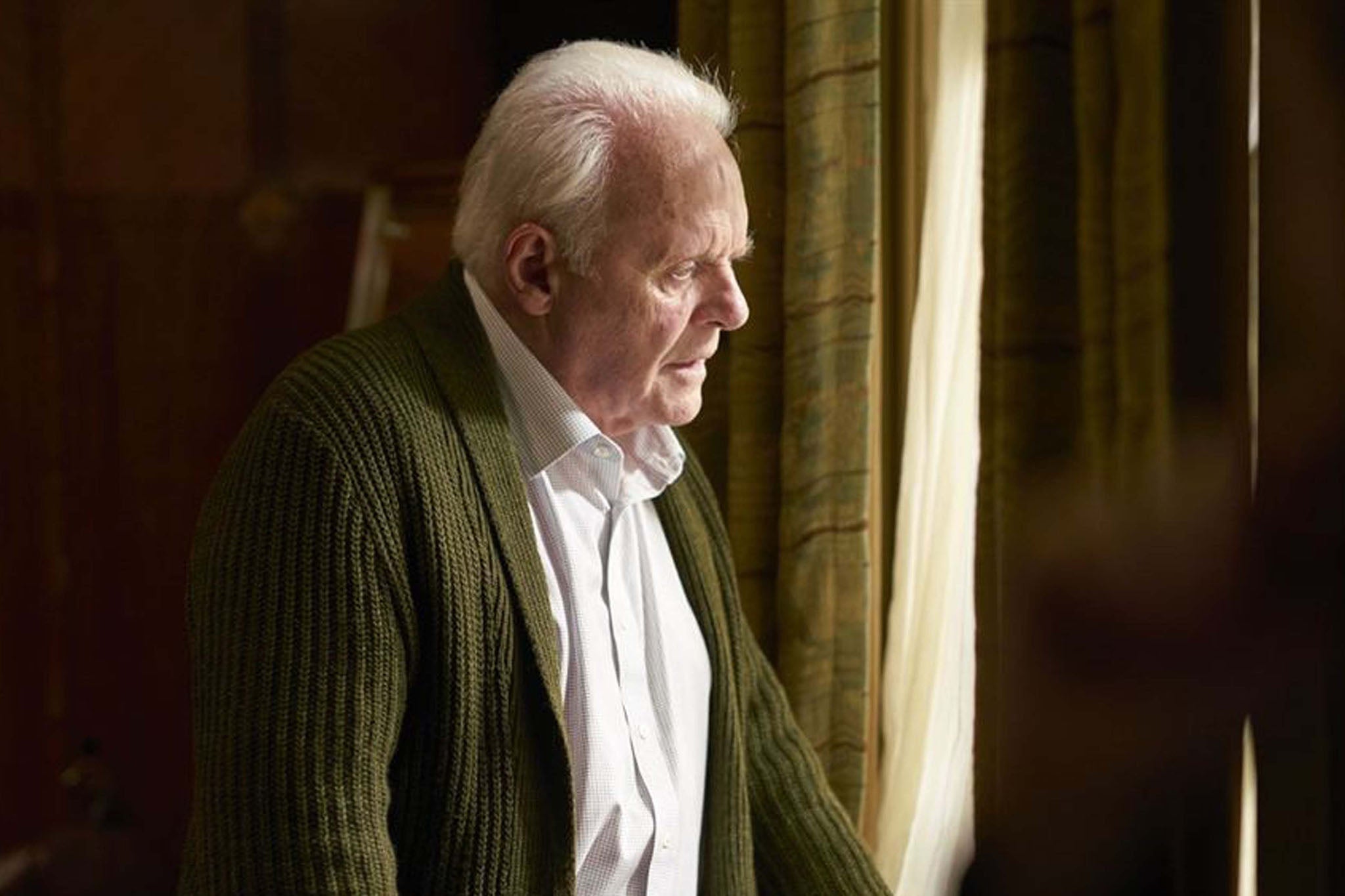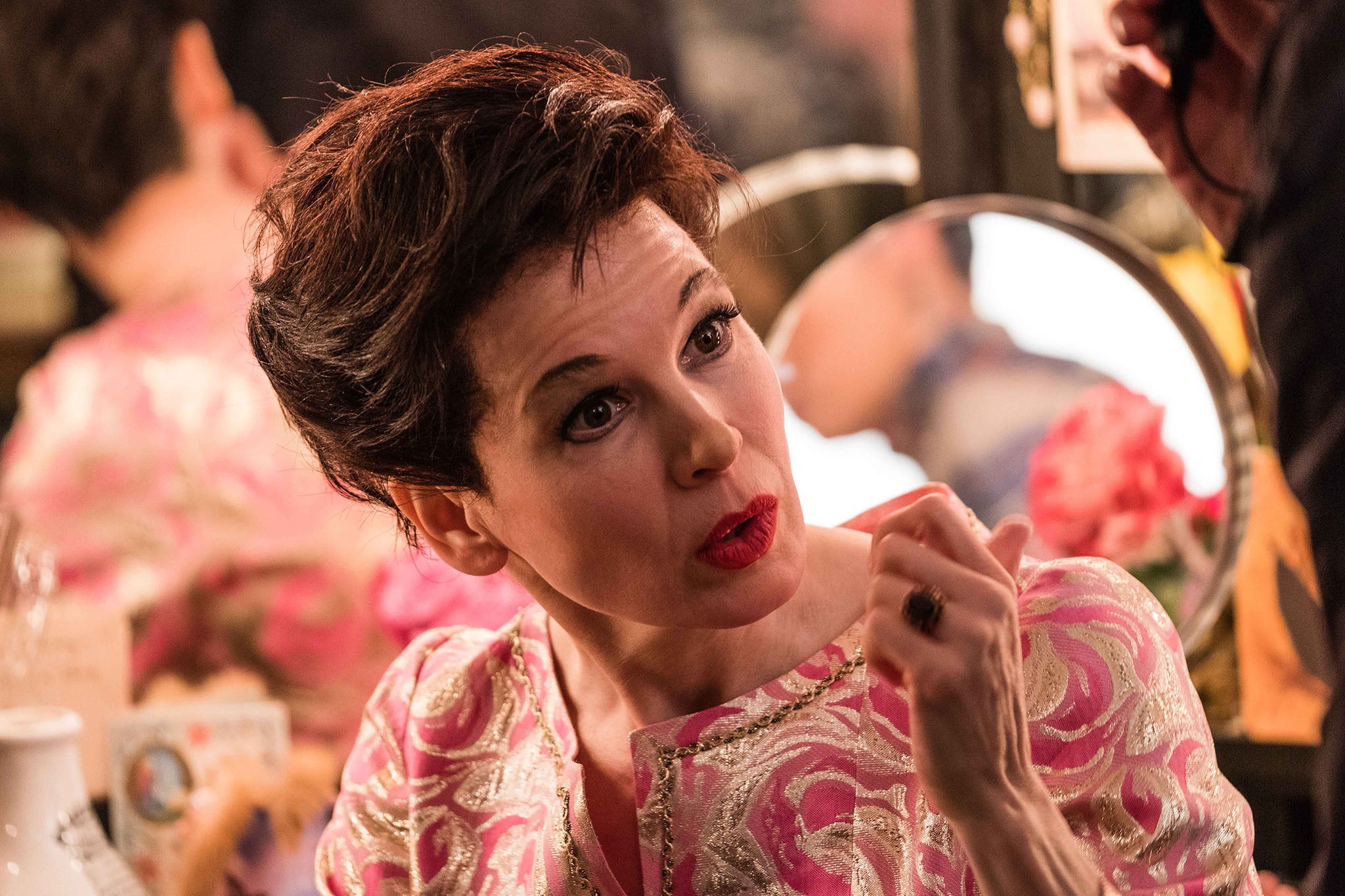‘I love Suicide Squad!’: Our favourite unpopular Oscar wins of all time
From ‘American Beauty’ winning Best Picture to the eternal controversy over Marisa Tomei’s win for ‘My Cousin Vinny’, Oscar history is filled with divisive victories endlessly debated by film fans. Here our culture desk go to bat for some of the most controversial…


Nothing brings together Oscar fans quite like complaining about the Oscars. The nature of the annual competition fuels entirely pointless animosity – who should have won, who got cruelly overlooked, and why Jamie Lee Curtis absolutely didn’t deserve her Academy Award in 2023. In some people’s opinion, anyway.
Sometimes, though, the most unpopular Oscar wins in history – the ones that tend to always crop up on “What were the voters smoking?” lists – have their fans. Some people to this day still really love CODA, the little-seen and not-very-good weepie that won Best Picture in 2022. I do not know those people. You probably don’t know them, either. But I have been promised that they exist.
Anyway, to celebrate this weekend’s Oscars, otherwise known as the delivery room for a raft of new things to complain about, The Independent’s culture desk has picked their favourite deeply unpopular wins from Academy Award history.
And if you’re the (alleged) person who loves CODA, as we couldn’t find anyone within the walls of The Independent willing to go on the record with that, drop us a message in the comment section below. Don’t be shy!
Marisa Tomei for My Cousin Vinny in 1993 – as chosen by Louis Chilton
Marisa Tomei won the Best Supporting Actress award in 1993 for her turn as Joe Pesci’s spunky younger girlfriend in the brilliant legal comedy My Cousin Vinny. At the time, it was regarded as a surprising – and, to many, entirely egregious – decision, with a spiteful urban myth claiming that her name had been read out by mistake. This was always nonsense, of course, but time has been very kind to Tomei’s seriocomic performance. Boasting what might be cinema’s most spectacular wardrobe and a Brooklyn accent so thick it could stop an elephant rifle – Tomei is captivating.

Suicide Squad for Best Makeup and Hairstyling in 2017 – as chosen by Kevin E G Perry
There was much grousing when Alessandro Bertolazzi, Giorgio Gregorini and Christopher Nelson took home the Best Makeup and Hairstyling Oscar in 2017 for their work on David Ayer’s Suicide Squad. Some of this was down to bickering between DC and Marvel fans – at the time Marvel was still a couple of years away from winning its first Oscars for Black Panther. Mostly, though, it was because Ayer’s muddled, forgettable action romp just wasn’t very good. Do you know what was good though? The hair and make-up in it!
Bertolazzi, Gregorini and Nelson did remarkable work bringing larger-than-life characters off of DC’s comic book pages and into the physical world. In Margot Robbie’s Harley Quinn, they also created an indelible combination of styling and make-up that spawned a million Halloween costumes and will still be being recreated by fans for decades to come. You can’t say that about A Man Called Ove.
Anthony Hopkins for The Father in 2021 – as chosen by Jacob Stolworthy
In 2021, everyone thought the Best Actor race was sewn up. Chadwick Boseman had posthumously won a variety of awards for his role in Ma Rainey’s Black Bottom – Oscar producers were so certain of a victory for the Black Panther star, who died of cancer eight months before, that they shifted the category layout in a somewhat shameless attempt to create an emotional footnote to the ceremony.
This backfired when Anthony Hopkins’s name was read out instead of Boseman’s – an anti-climax for many, heightened by the fact Hopkins was not there to collect the award. But the Academy set Hopkins up for a fall – ever since, a narrative has existed that the 86-year-old star was an undeserving recipient; the opposite is true.

Watch Apple TV+ free for 7 day
New subscribers only. £9.99/mo. after free trial. Plan auto-renews until cancelled.
ADVERTISEMENT. If you sign up to this service we will earn commission. This revenue helps to fund journalism across The Independent.

Watch Apple TV+ free for 7 day
New subscribers only. £9.99/mo. after free trial. Plan auto-renews until cancelled.
ADVERTISEMENT. If you sign up to this service we will earn commission. This revenue helps to fund journalism across The Independent.
In The Father, Hopkins delivered a potentially career-best performance, matching the punch he packed in a career full of highlights. His role as an elderly man living with dementia is undeniably up there with his malevolent Hannibal Lecter in The Silence of the Lambs (1991), for which he also won an Oscar, and the loyal butler Mr Stevens in the Kazuo Ishiguro adaptation The Remains of the Day (1993). While it would have been heartwarming to see Boseman honoured, the hasty expectations laid on by the Academy did both him and Hopkins dirty, robbing each of the respect they deserved.

Chicago for Best Picture in 2003 – as chosen by Jessie Thompson
You could argue that Rob Marshall’s 2002 film adaptation of Chicago is too full of weird hairpieces, black eyeliner and sequins. You could say that – and you’d be right. You could also argue that a silly, camp story of jazz broads murdering their sleazy husbands shouldn’t have won best picture over Gangs of New York, The Pianist, The Hours, and the (admittedly interminable) second Lord of the Rings film. There, I have to say, you’d be wrong. Musicals may seem trivial among the Important with a capital-I films that usually win Oscars, but Chicago does what it sets out to do perfectly. It’s an infinitely rewatchable take on the musical that’s kitsch but classy, full of big, roaring numbers, plotted like a true crime podcast. Best Picture? It had it coming.
American Beauty for Best Picture in 2000 – as chosen by Adam White
Yes, I know saying you love American Beauty may get you put on some kind of dodgy register. But can everyone chill out about it a bit? Back in 2000, when Sam Mendes’s suburban satire dominated that year’s Oscars, American Beauty was considered wildly subversive, a daring anomaly poking fun at marital ennui, mental illness and dysfunctional sexuality.
That its visual playfulness (Those roses! That plastic bag!) and predatory white male, woe-is-me stuff has long fallen out of favour – not to mention the Kevin Spacey of it all – doesn’t mean that it’s not a great movie in the context of its release. Annette Bening, playing a bored housewife on the cusp of total breakdown, is sensational here, likewise Chris Cooper as a closeted dad. Wes Bentley, Thora Birch and Mena Suvari – playing high schoolers swept up in the miseries of their parents – all deserved better careers than the ones they ended up having. And, remember, American Beauty was HUGE. Can you believe it made more than $350m (£274m) worldwide? What a time capsule, in more ways than one.

Renée Zellweger for Judy in 2020 – as chosen by Adam White
It’s not hard to see why Renée Zellweger’s second Oscar win has been lost to time. The 2020 Oscars occurred within weeks of the world grinding to a standstill. And even with all of us largely housebound due to Covid, few used the pandemic as an excuse to watch Judy, Zellweger’s middle-of-the-road, speedily forgotten Judy Garland biopic. But her work in it doesn’t warrant the bum’s rush, nor its association with a heap of spackle-and-veneers performances that tediously won Oscars around this time, from Gary Oldman as Winston Churchill in Darkest Hour, to Rami Malek’s Freddie Mercury in Bohemian Rhapsody. Indeed, I love Zellweger’s work here – it’s technically astute yet never mannered, an echo of Garland more than stiff impersonator pastiche. And coming 16 years after her last win for Cold Mountain – including a five-year period where she didn’t act at all – Zellweger’s victory felt like a deserved homecoming for a one-time Oscar staple.
Join our commenting forum
Join thought-provoking conversations, follow other Independent readers and see their replies
Comments
Bookmark popover
Removed from bookmarks